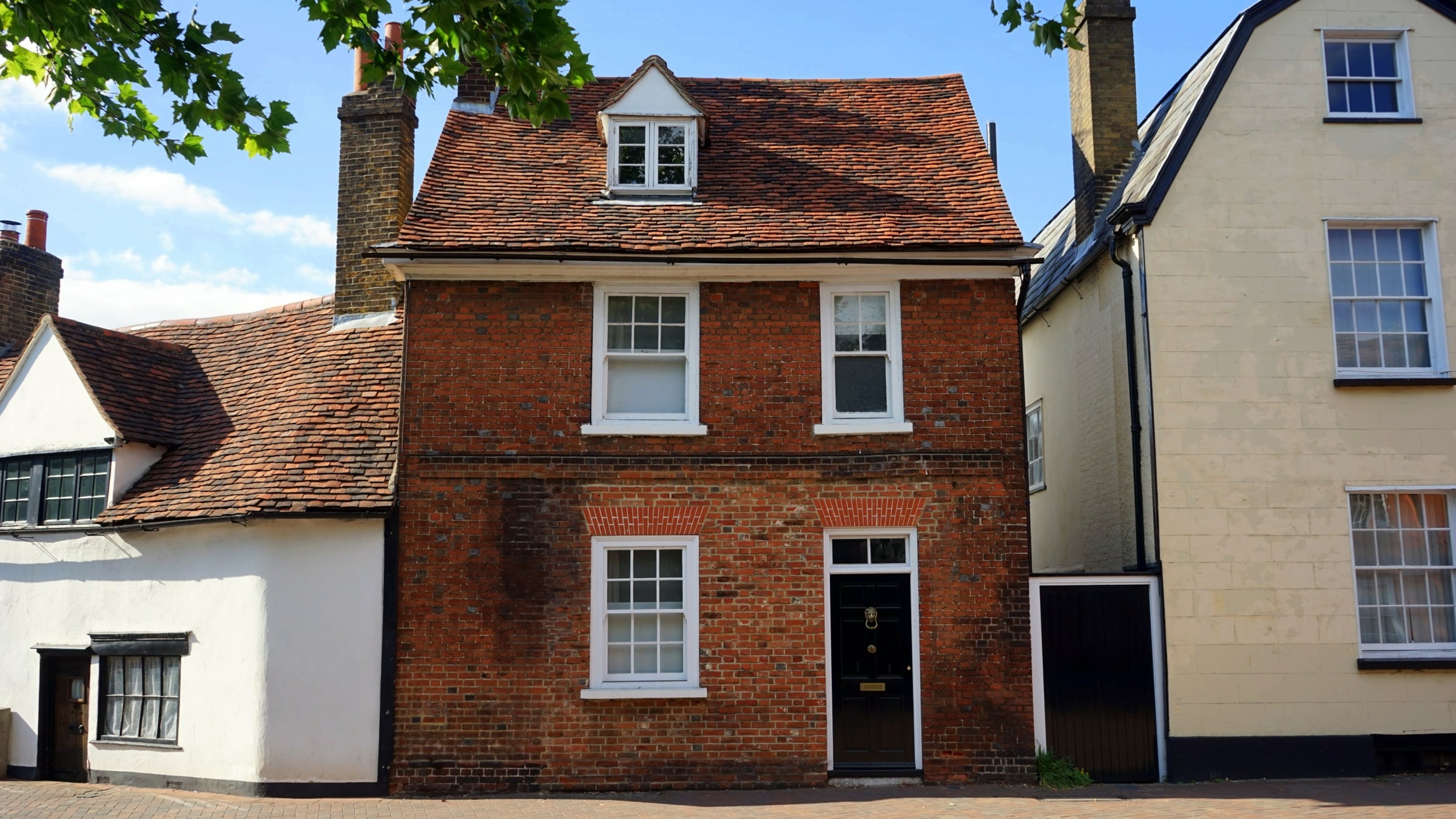Buying a Property which has been repossessed

Is this any different from buying from any other Seller?
The short answer is “Yes”. You are buying from a Mortgagee (the Lender behind the mortgage on the property). They will of course be a corporate body concerned purely with speed, certainty, recovering their mortgage monies and complying with their statutory obligations. Their obligations include obtaining the best price but ultimately they are not obliged to wait indefinitely to secure a great price. This inevitably means a buyer may find ‘a bargain’.
OK then, what should I look out for?
As with all purchases, you would be well advised to seek the advice of a surveyor to assess the state and condition of the property. Repossessed properties are often in a very poor state of repair and often left in a horrible condition perhaps due to the unfortunate circumstances leading up to the repossession.
Practical point to note- the Lender selling the property will have no detailed knowledge of the property, so where you would usually expect to be in a position to ask questions and receive forms with fairly detailed information regarding the property, this is unlikely to happen with a repossessed property. Searches are very important to at least obtain some information with regard to planning and Local Authority matters. Please refer to the BUYERS GUIDE for extra information as to the usual stages of the buying process.
It is important that title is investigated prior to exchange of contacts. This part of the process will go ahead as normal and be undertaken by us.
Will the matter proceed quickly?
It is likely that the Lender will impose strict timescales for you to follow to achieve an exchange of contracts and then completion. From your perspective, it is even more important to ensure you have your finances arranged and in place to meet the timescales. As Lenders are obliged to consider all offers up until exchange of contracts, it is important for you to be in a position to proceed promptly to avoid wasted costs should the Lender receive and choose to accept a better offer.
What about the paperwork I will have to sign, will it be the same as when I have bought previously?
You will probably find that the contract appears to be a little longer with more special conditions. These can include an acknowledgement as to the condition of the property (note what we have said above here). The Lender (Seller) will most likely contract to sell the property “as seen” . If when you view the property it is full of rubbish, you should expect the rubbish to be there on completion and you will need to arrange to clear the property at your own cost. This is one aspect which commonly differs from a purchase from an individual.
The borrower (person who owned the house whether there is one or more) does not therefore need to be party to the contract, so do not expect them to sign the contract!
The Land Registry transfer document used is a different format and will act as a simultaneous discharge of the mortgage. Again the person who owned the house will not sign this document.
Inspection, Inspection, Inspection….
You must carefully inspect the property for evidence of occupation/squatters. Anyone occupying must be dealt with within the contract (let us know if there is any evidence of occupation). If the property is fully of personal belongings this creates further problems as you cannot assume you can dispose of anything left on completion . You should speak to us about this.
I have seen a repossession property listed for auction, does this complicate matters further?
It is common that the lender will attempt to sell the property at auction if they are unable to find a buyer quickly by private tender. See our guide on auctions.
Buying a repossessed or distressed property can be a minefield, so make sure you do plenty of research beforehand and make sure you instruct a solicitor at the earliest opportunity, especially if you are intending to bid on a repossession property at auction. Our recommendation is to instruct us to consider the legal pack made available for the property so that at least the title may be checked and possibly searches prior to you committing any deposit monies when the hammer falls.
Buying a property which has been repossessed sounds risky- I wonder if I should stay well clear!
As long as you carry out searches, investigate title, survey the property carefully and inspect, you should not dismiss the idea. Be prepared for limited information and possibly a poor state of repair and condition, however there may be a good deal to be had.
